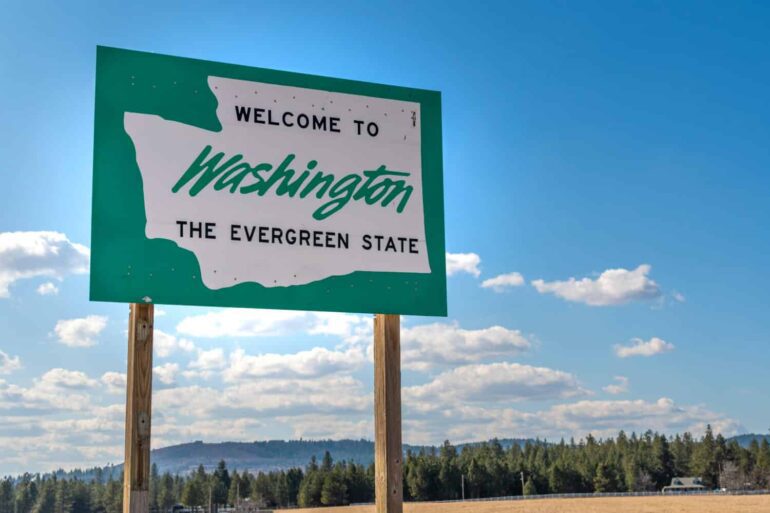TL;DR:
- State Rep. Travis Couture introduces bipartisan legislation for an AI task force at the request of State Attorney General Bob Ferguson.
- House Bill 1934 aims to assess current AI uses and trends, providing recommendations for AI system standards and regulations.
- The task force includes industry representatives, civil liberty groups, experts, and other stakeholders, convening at least biannually.
- Washington joins four other states in establishing similar AI task forces, with 25 states proposing AI-related legislation.
- The bill mandates interim and final reports to be submitted by December 2025 and June 2027, respectively.
- AI is defined as technologies enabling machines to simulate human intelligence.
- AI’s potential impacts, both positive and negative, are highlighted, from explicit content generation to enhancing medical care and environmental protection.
Main AI News:
State Representative Travis Couture, R-Allyn, has taken a significant step towards harnessing the potential of artificial intelligence (AI) with the pre-filing of bipartisan legislation in response to a request from State Attorney General Bob Ferguson. The proposed bill, House Bill 1934, lays the groundwork for the establishment of an AI task force, charged with evaluating current AI applications and trends, while delivering recommendations to the Legislature on the standards for the use and regulation of generative AI systems.
In a strategic move to ensure comprehensive insights, Ferguson emphasized the inclusion of industry representatives, civil liberty advocates, subject matter experts, and other stakeholders in the task force. With a formidable bipartisan assembly of 42 members, the group is set to convene at least twice annually.
Ferguson highlighted Washington’s position at the forefront of innovation, stating, “Washington is on the cutting edge of innovation. It is imperative that we embrace new technology in a thoughtful way. As we celebrate the benefits, we must also ensure we protect against the potential for irresponsible use and unintentional consequences.“
This initiative aligns Washington with four other states that have already established similar AI task forces or committees, while an additional 25 states have proposed legislation related to AI. The bill, cosponsored by Representative Vandana Slatter, D-Bellevue, and Representative Mike Volz, R-Spokane, mandates that the task force submits an interim report to the governor and relevant legislative committees by December 1, 2025, followed by a final report by June 1, 2027. Artificial intelligence, as defined in the legislation, encompasses “technologies that enable machines, particularly computer software, to simulate human intelligence.”
Representative Couture underscored the far-reaching impacts of AI, both positive and negative, as the technology continues to evolve. He referenced a recent incident in which a New Jersey high school student faced accusations of producing AI-generated explicit content featuring his peers. On a more optimistic note, AI has showcased its potential in enhancing medical care, refining weather predictions, bolstering environmental protection efforts, and driving numerous societal improvements.
Couture’s vision for the legislation is forward-thinking: “So often policymakers are behind the eight-ball when new technology emerges, and we are forced to be reactionary. My bipartisan bill will help us avoid that as much as possible by creating a task force of the region’s experts to help educate the Legislature on AI and make recommendations on future policy. The goal is to make sure Washington has quality, non-binding recommendations in place to exploit the good AI can do and mitigate the bad.“
Conclusion:
Washington’s proactive approach to shaping AI policies through its task force sets a promising example for responsible governance in the ever-evolving AI landscape. This initiative signifies the state’s commitment to harnessing AI’s potential while safeguarding against potential misuse, positioning Washington as a leader in the AI regulatory landscape, which could attract investment and foster innovation in the market.

